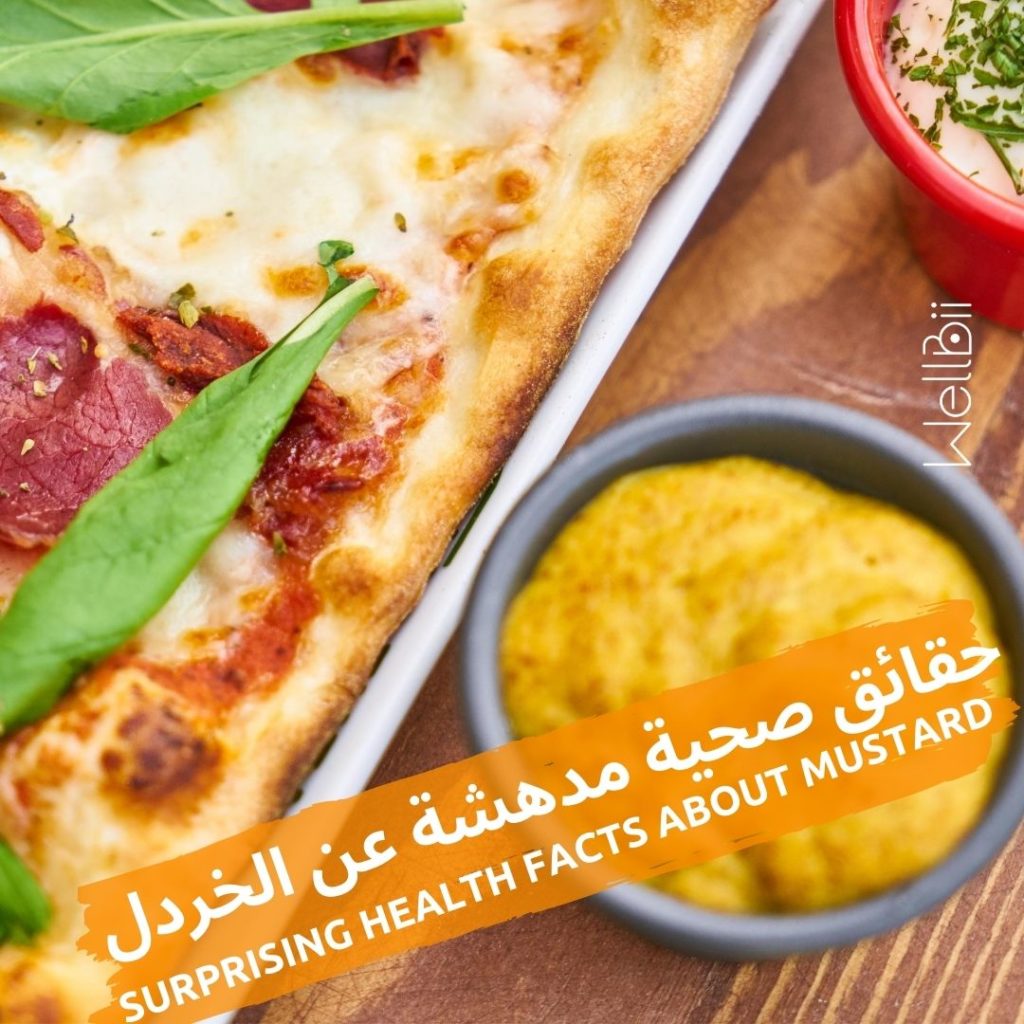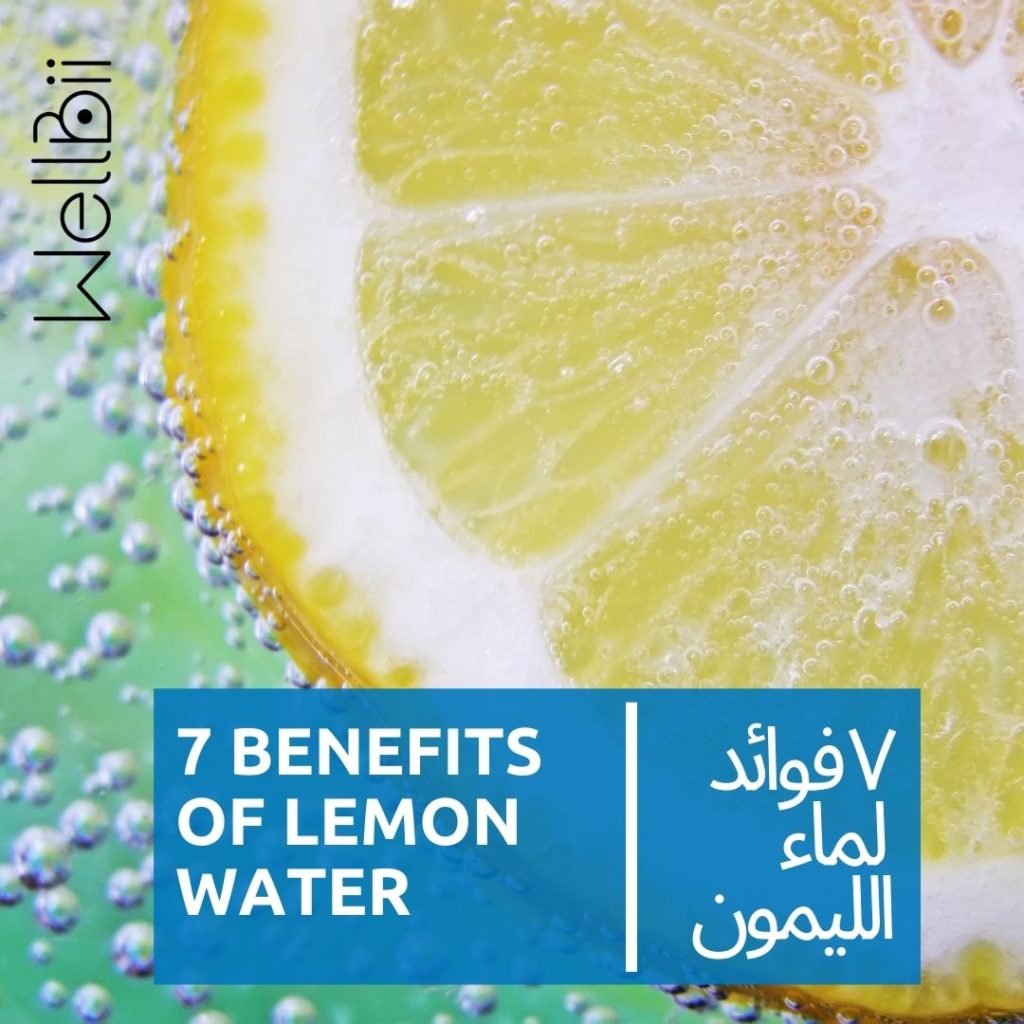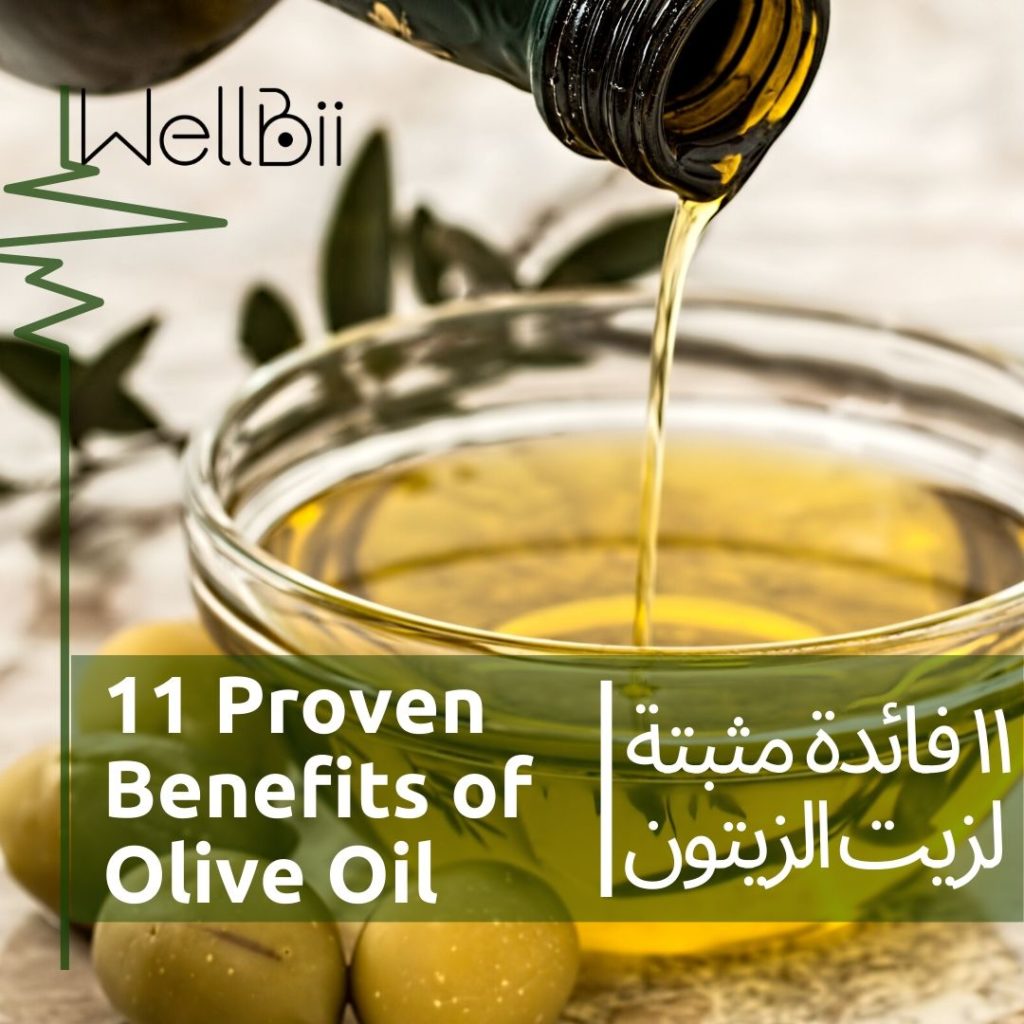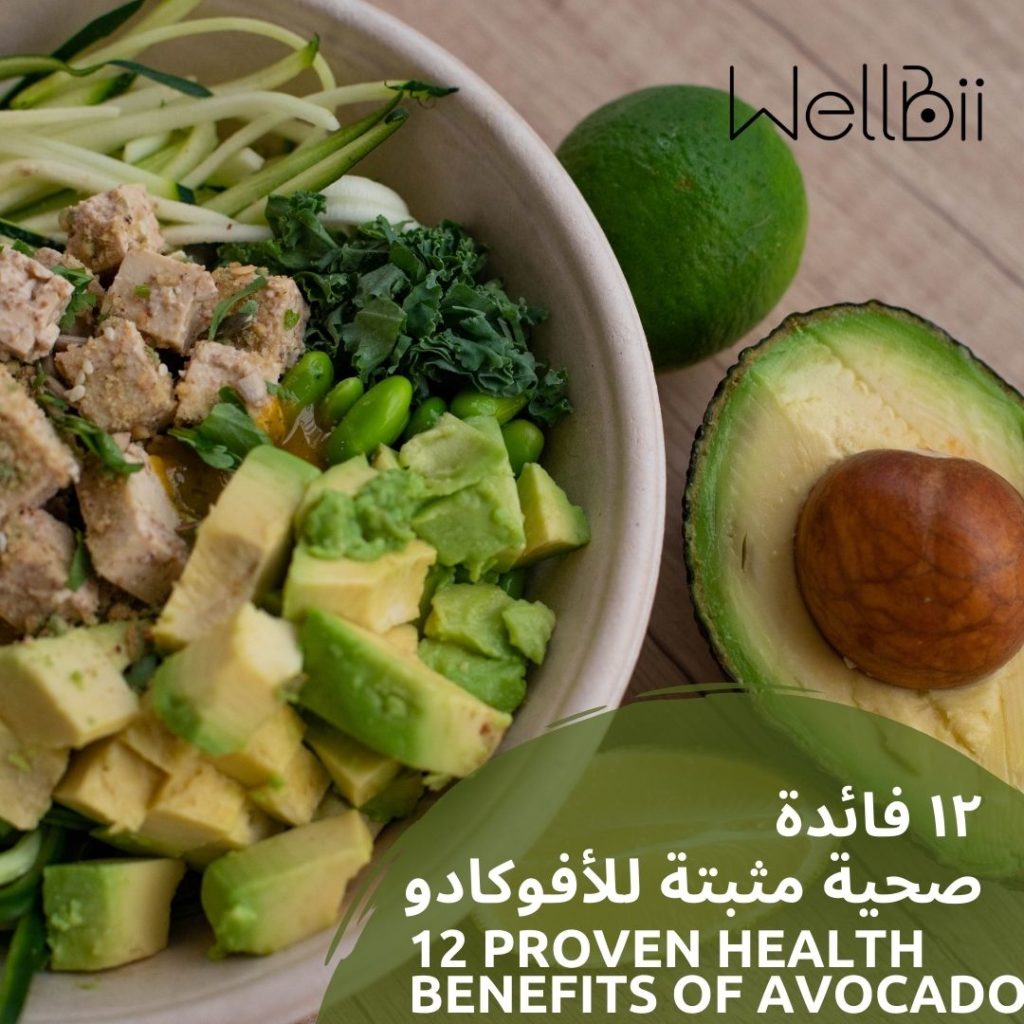SURPRISING HEALTH FACTS ABOUT MUSTARD

The first Saturday in August sees us celebrate National Mustard Day. Mustard is a condiment made from the seeds of a mustard plant. The whole, bruised, cracked, or ground seeds are mixed with liquid (water, lemon juice, vinegar, oil), salt and sometimes spices to create a sauce or paste.
If you go for the spicy stuff, you may live longer
If you gravitate towards those hot-hot-hot mustards (and other spicy foods), your predilection for spice may help you live longer, according to a Harvard study published earlier this year.
It could lower your cholesterol
Some studies have shown that mustard can lower cholesterol, which has to be the most delicious way that has ever happened, ever. Not sure if that means the pastrami on rye with mustard is basically erased from your system, but it’s at least a start.
It may help alleviate asthma and a bunch of other nasty conditions, too
Mustard seeds are excellent sources of the trace minerals selenium and magnesium, which not only help with cancer prevention, but can also manage symptoms of asthma, arthritis, high blood pressure, and migraines.
For online coaching click here
It can help prevent cancer
Mustard (as well as mustard greens, the delicious leafy part of the plant) may be a cancer preventative. Don’t get any ideas, though — this doesn’t you can cancel out your out-drinking cigarette habit by also ordering up a hot dog with extra mustard.
It has a long history as a health food…
Mustard has been used for both medicinal and culinary reasons for a really, really long time. The ancient Romans used to smear the stuff on themselves to cure everything from epilepsy to lethargy to hysterical females.
It has serious bang for the caloric buck
At 3 calories a teaspoon, mustard is the lowest calorie of the common condiments. Compared to mayo (31 calories), sweet relish (7 calories), or even ketchup (6 calories), this stuff is basically a freebie.
Which food you love to mix mustard with?
For the full article click here






Responses